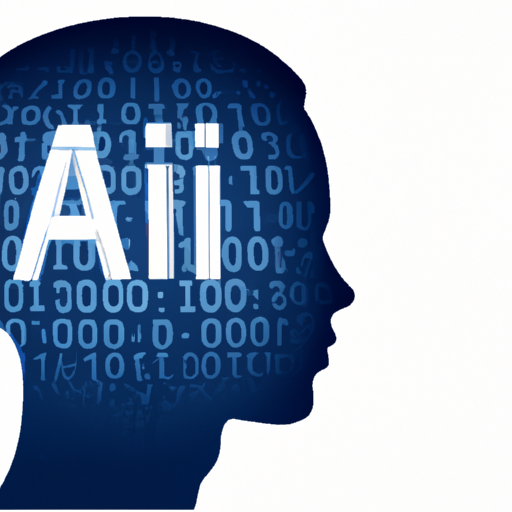In recent years, the field of Natural Language Processing (NLP) has seen remarkable improvements that are transforming the capabilities of artificial intelligence (AI) systems. These innovations are enhancing how machines understand, interpret, and respond to human language, making interactions with technology more intuitive and effective.
Key Improvements in NLP Technology
Several advancements have emerged in NLP, driven primarily by innovations in machine learning and deep learning. Here are some of the most significant enhancements:
- Contextual Understanding: New models, such as those based on transformer architectures, have improved contextual awareness, allowing AI to grasp the nuances of language better than ever before.
- Emotion Detection: Advances in sentiment analysis enable machines to not only understand words but also detect emotions behind them, enhancing customer service and personalized communication.
- Multilingual Capabilities: Innovations in cross-lingual models have made it possible for NLP systems to perform well in multiple languages, allowing for broader accessibility in global markets.
- Prompt Engineering: The development of techniques to better structure input prompts has led to more accurate and relevant responses from AI models, improving user experience.
Implications for Businesses and Users
The progress in NLP improvements has important implications for various industries, including healthcare, finance, and customer service. Businesses can leverage these advancements to:
- Enhance Customer Interactions: AI-driven chatbots are now capable of delivering more personalized and context-aware responses, improving customer satisfaction.
- Optimize Content Creation: Enhanced text understanding allows AI to generate high-quality content, reducing the time and resources needed for manual writing tasks.
- Improve Data Analysis: By processing and interpreting large sets of textual data, NLP can uncover insights that were previously difficult to extract.
Looking Ahead
The future of natural language processing looks promising, as ongoing research continues to push the boundaries of what AI can achieve. With the integration of advanced algorithms and larger training datasets, we can expect even more sophisticated NLP tools that will further enhance our interaction with technology.
In conclusion, as NLP technology continues to evolve, it is crucial for businesses and individuals alike to stay informed about the latest developments. Harnessing these improvements will not only streamline operations but also offer innovative solutions in our rapidly changing digital landscape.
Stay tuned for more updates on AI and technology advancements!












